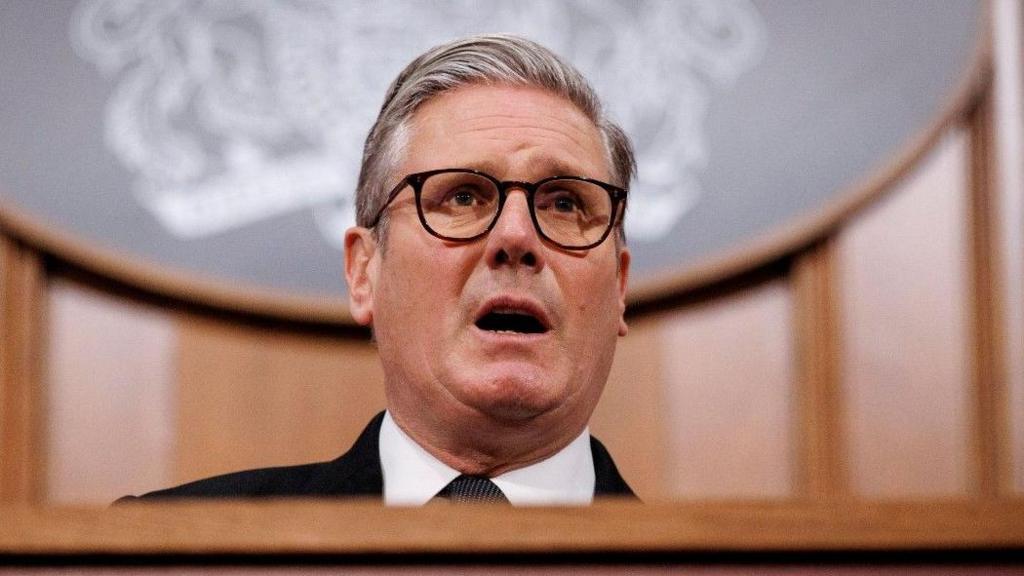Immigration’s politically charged nature stems from two key factors.
First, as previously discussed here, immigration represents the most significant UK social and demographic shift of the 21st century.
Second, a vast discrepancy exists between political rhetoric and reality, exposing a major policy failure.
Sir Tony Blair’s government’s projections two decades ago underestimated the influx of migrants from Central and Eastern Europe following expanded migration policies.
Similarly, the Conservatives’ repeated pledges in the 2010s to reduce net migration to the tens of thousands consistently fell short.
Post-Brexit, migration numbers surged, highlighting the UK government’s newly sole responsibility for immigration policy.
While many remain disengaged from political discourse, immigration stands as a prominent exception, significantly influencing the political landscape.
This enduring controversy shapes the context of the current prime minister’s promises.
A prolonged history of policy failures across various administrations has fostered widespread cynicism regarding governance, particularly concerning immigration.
Sir Keir Starmer’s statement, “we risk becoming an island of strangers,” reflects this sentiment, although it has drawn criticism from some.
Conversely, others view it as a frank acknowledgement of a prevailing public perception.
Labour, like previous governments, grapples with the complex practical and political dimensions of immigration policy.
Crucial sectors like healthcare and construction face workforce challenges, raising questions about the feasibility of maintaining these services without migrant labor.
Notably, Sir Keir challenged the widely held belief that immigration fuels economic growth.
The rise of Reform UK further complicates the issue.
Nigel Farage’s long-standing critique centers on the perceived political inaction and dismissal of public concerns surrounding immigration.
Labour recognizes Farage’s ability to connect with voters who feel ignored and disregarded by successive governments on this matter.
This context explains the current prime minister’s approach.
This week features a strong emphasis on both legal and (in the coming days) illegal immigration.
Next week will likely see a focus on a potential new UK-EU agreement, including a youth mobility scheme allowing increased cross-border movement for young people.
While the government will assert this differs from freedom of movement, controversy is inevitable given the age and time limitations.
Ultimately, achieving a sustained reduction in net migration is paramount for the government’s credibility.
Subscribe to our Politics Essential newsletter for in-depth coverage of Westminster and beyond.

